Bharat NCAP Crash Tests to Begin Tomorrow; Brezza, Sonet, Punch Among the First Volunteers?
Bharat NCAP requires the installation of enhanced emergency braking systems, six airbags, electronic stability control (ESC), and three-point seatbelts for all passengers.
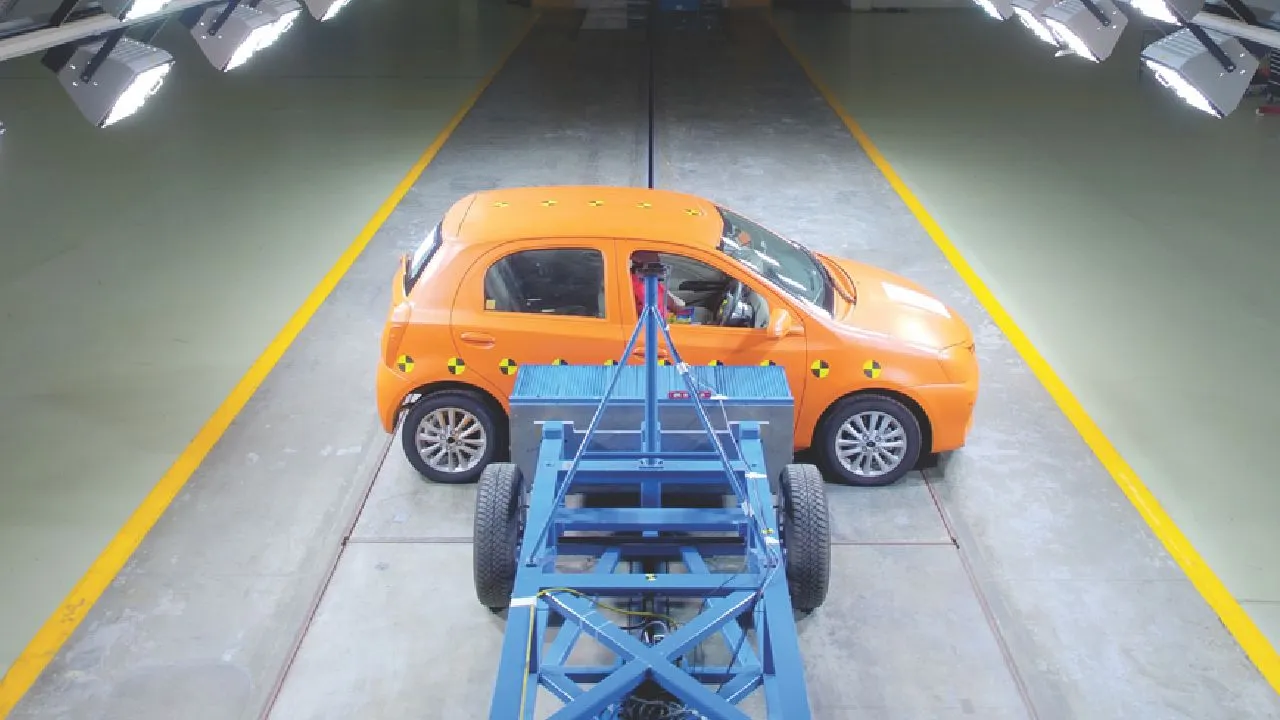
The new vehicle testing agency in India, Bharat NCAP, is scheduled to begin operations tomorrow. Starting December 15, the organisation will test the first batch of cars established along the GNCAP lines. As India's new vehicle assessment program, the agency officially took shape in August. Following the US, China, South Korea, and Japan, India is the fifth nation in the world to have its own in-house vehicle crash testing facility. Previously, Global NCAP evaluated the vehicles manufactured in India. Notably, the dummy assessments on the official Bharat NCAP website are now active. Nonetheless, a few of the pictures featured on the website indicate which Indian cars are anticipated to undergo crash testing first. Automakers such as Hyundai have already admitted to sending three of their models for Bharat NCAP testing. This probably includes the likes of the Exter SUV and the new Creta. Moreover, the most recent vehicle that underwent Global NCAP testing was the Hyundai Verna.
Also Read: Bharat NCAP vs Global NCAP: What's Different Between the Two Crash Test Safety Norms?
Apart from Hyundai, up to ten vehicles from various other manufacturers, including Mahindra, Tata Motors, and Maruti Suzuki, are anticipated to be sent for testing. The Baleno, the Brezza, and the Grand Vitara are set to be Maruti Suzuki's first three vehicles to undergo the tests. The Korean carmaker Kia is also anticipated to nominate its two flagship SUVs, the Seltos and the new Sonet, for testing. Meanwhile, the Tata Punch might be the first one for the Indian firm.
Before this, Union Minister Nitin Gadkari declared that cars with six airbags would receive a five-star certification from the Bharat NCAP. Currently, all cars in India are required to have at least two airbags. Smaller cars that don't have enough room to accommodate additional airbags for rear passengers typically utilise these two airbags, which are designed for the driver and front-seat passenger.
Bharat NCAP: An Overview
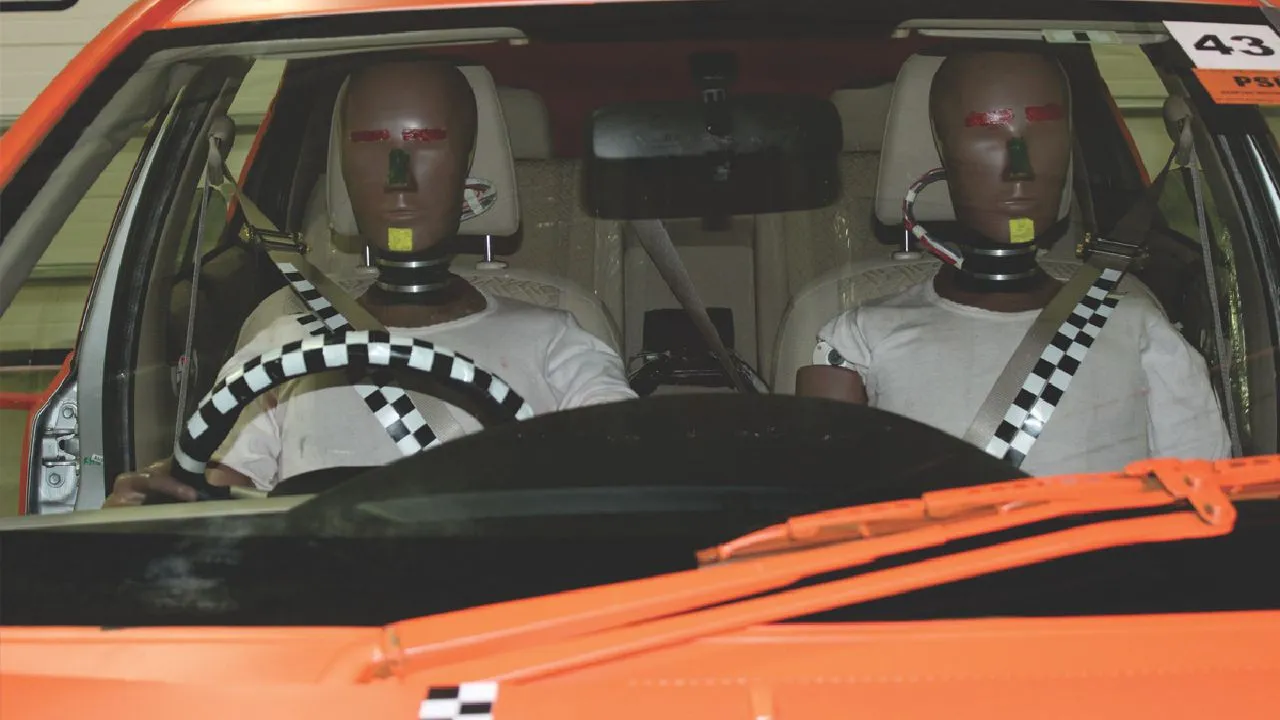
Bharat NCAP is a voluntary initiative that mandates testing of the base variant of any car model. The new automotive assessment program will conduct the Adult Occupant Protection (AOP) and Child Occupant Protection (COP) tests on vehicles weighing up to 3,500 kg (3.5 tons). These tests are carried out by several NCAP organisations. As part of this initiative, car companies will also be able to decide whether to have their vehicles crash-tested or not. A 12-point crash-test rating system was suggested in an earlier government document. This program requires the installation of enhanced emergency braking systems, six airbags, electronic stability control (ESC), and three-point seatbelts for all passengers. The cars with the aforementioned features will be rated higher for safety.
All cars sold in India are required to have several safety features, such as speed alert systems, rear parking assistance, dual front airbags, ABS with EBD, and front seatbelt reminders. Six standard airbags and three-point seatbelts for each passenger will be mandatory in cars with a 5-star safety rating. In the future, obtaining high safety ratings may also require the use of advanced driver assistance systems (ADAS).
Also Read: India's New Bharat NCAP is Good, But Here's How it can Become Better
Bharat NCAP: The Procedure
The offset deformable barrier frontal impact test, side impact test, and pole side impact test are among the crash tests that will be conducted. There will be three impact tests: the side impact test at 50km/h, the pole side impact test at 29km/h, and the frontal impact test at 64km/h. A post-test analysis of the sensor data will ascertain the impact's effect on the dummy occupants. A 0–5 rating scale will be used to evaluate the cars.
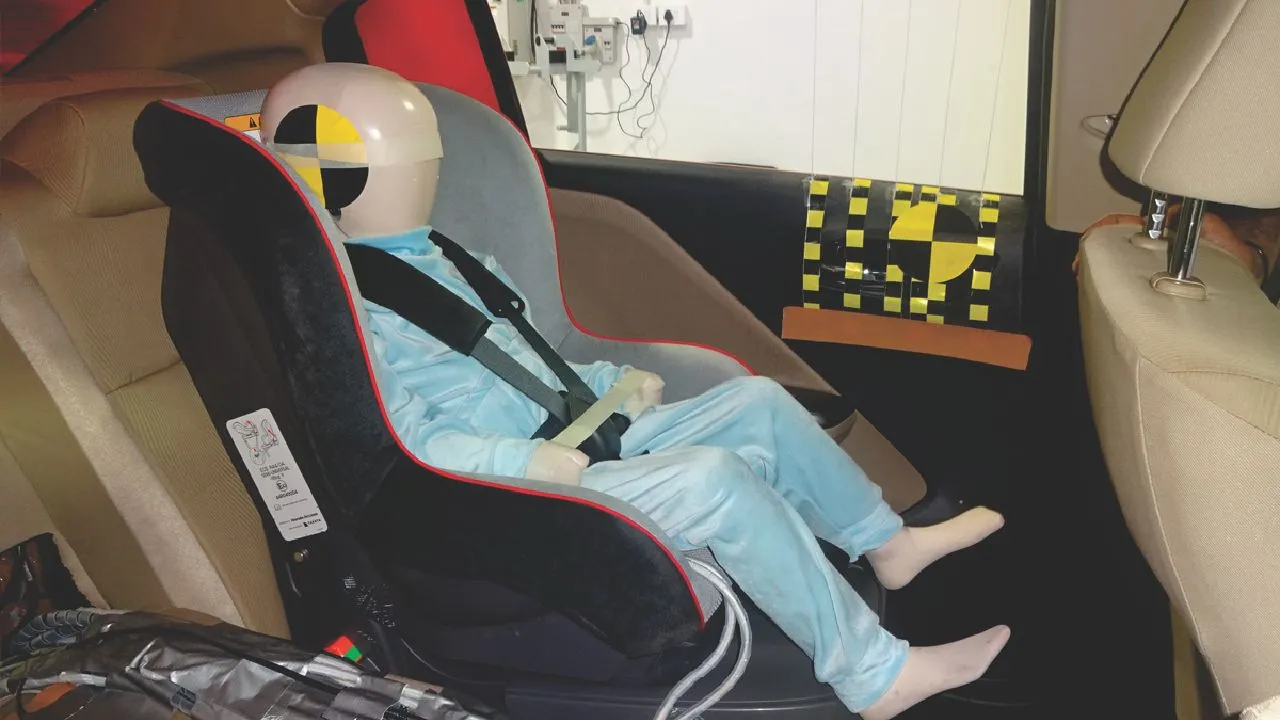
To receive a five-star safety rating, the cars must achieve a minimum of 27 points for adult occupant protection (AOP) and 41 points for child occupant protection (COP). The vehicles need to have six airbags, ESC, a front design that complies with pedestrian protection regulations, and a seatbelt reminder for the front seats to earn a minimum three-star safety rating. There are currently more than thirty vehicles scheduled for Bharat NCAP testing.
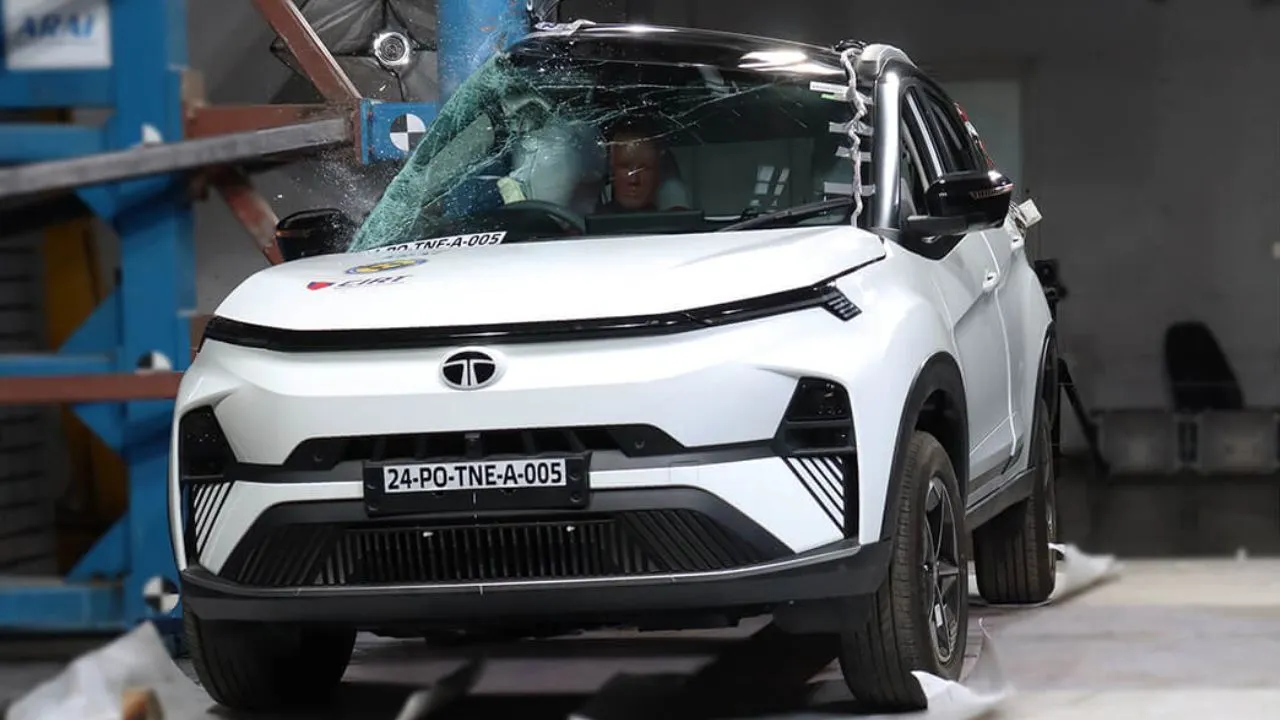
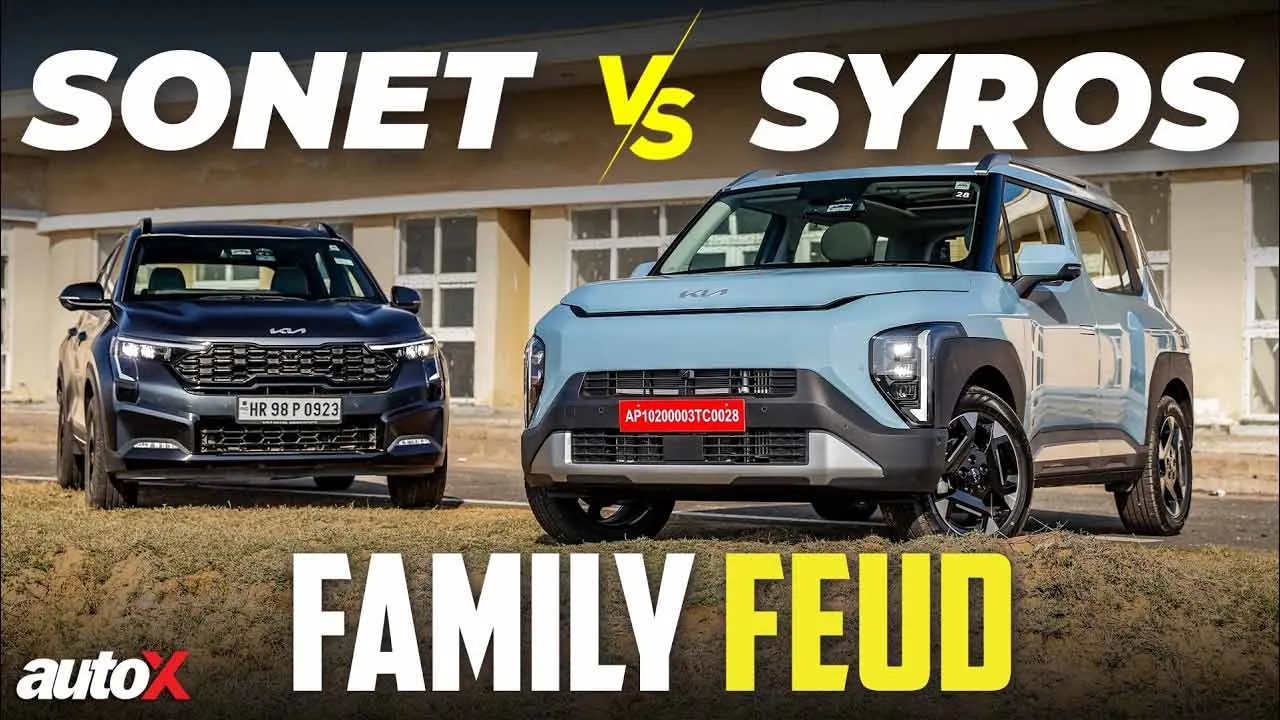
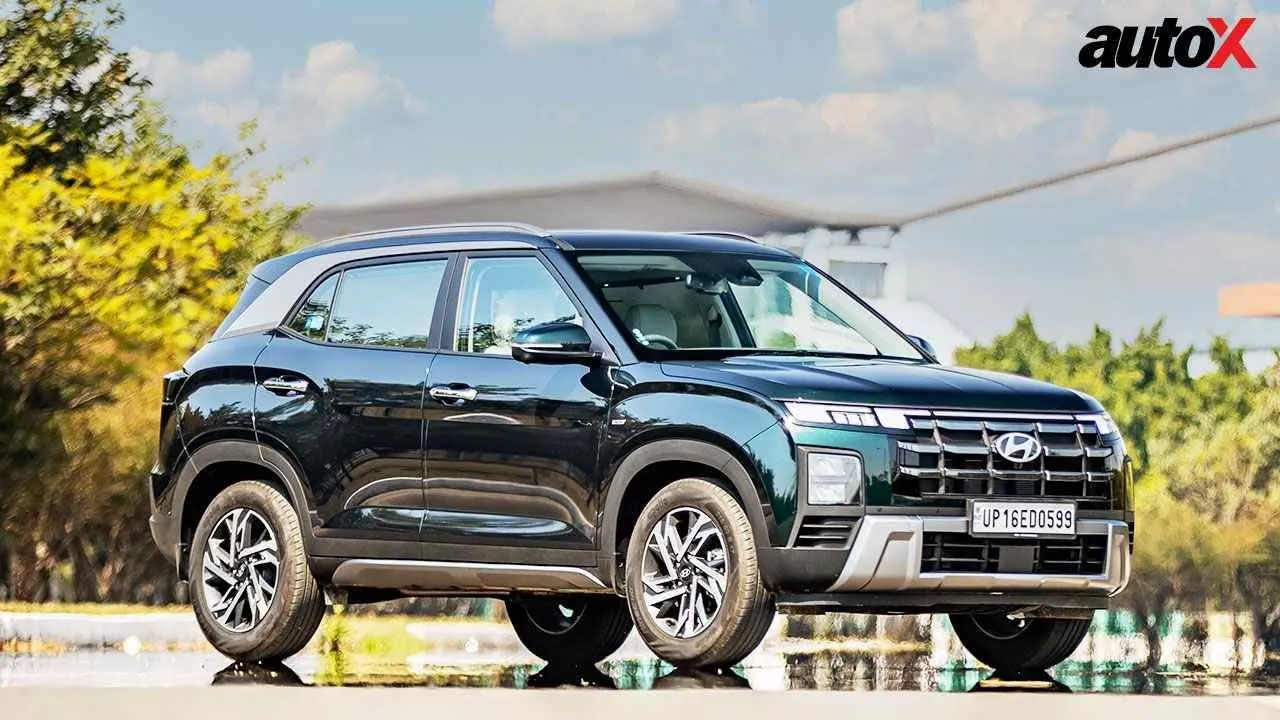
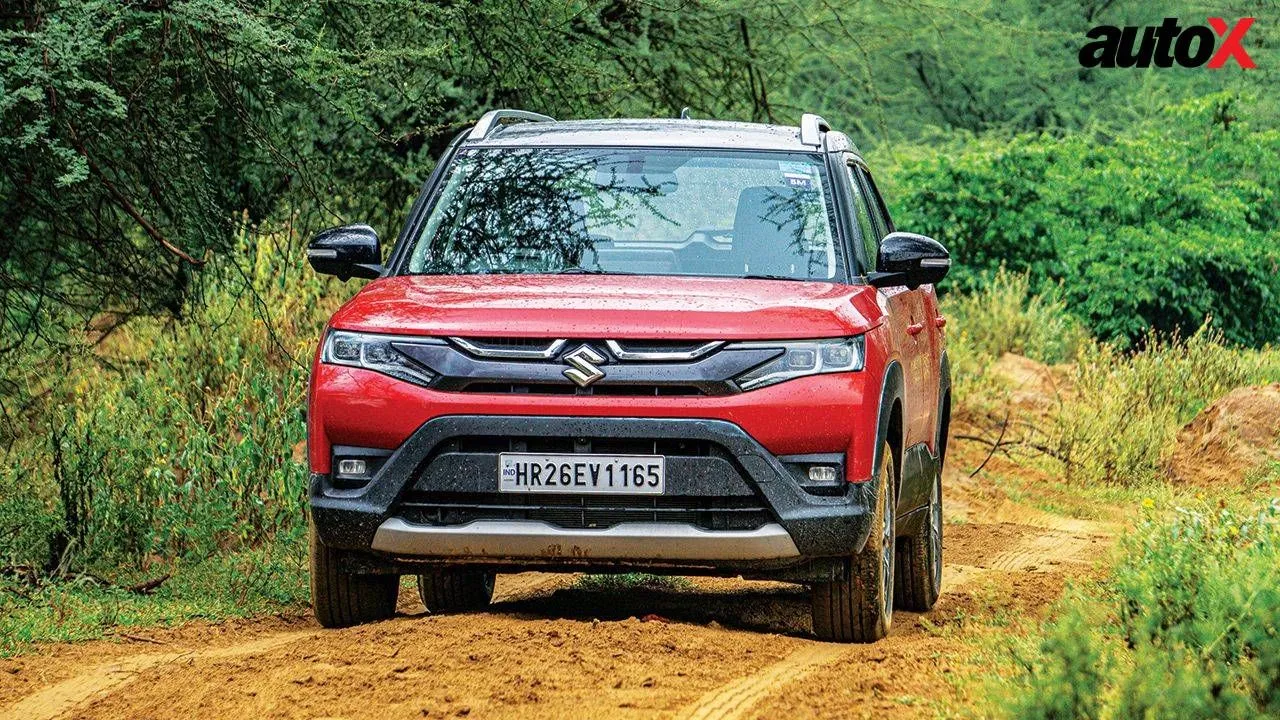
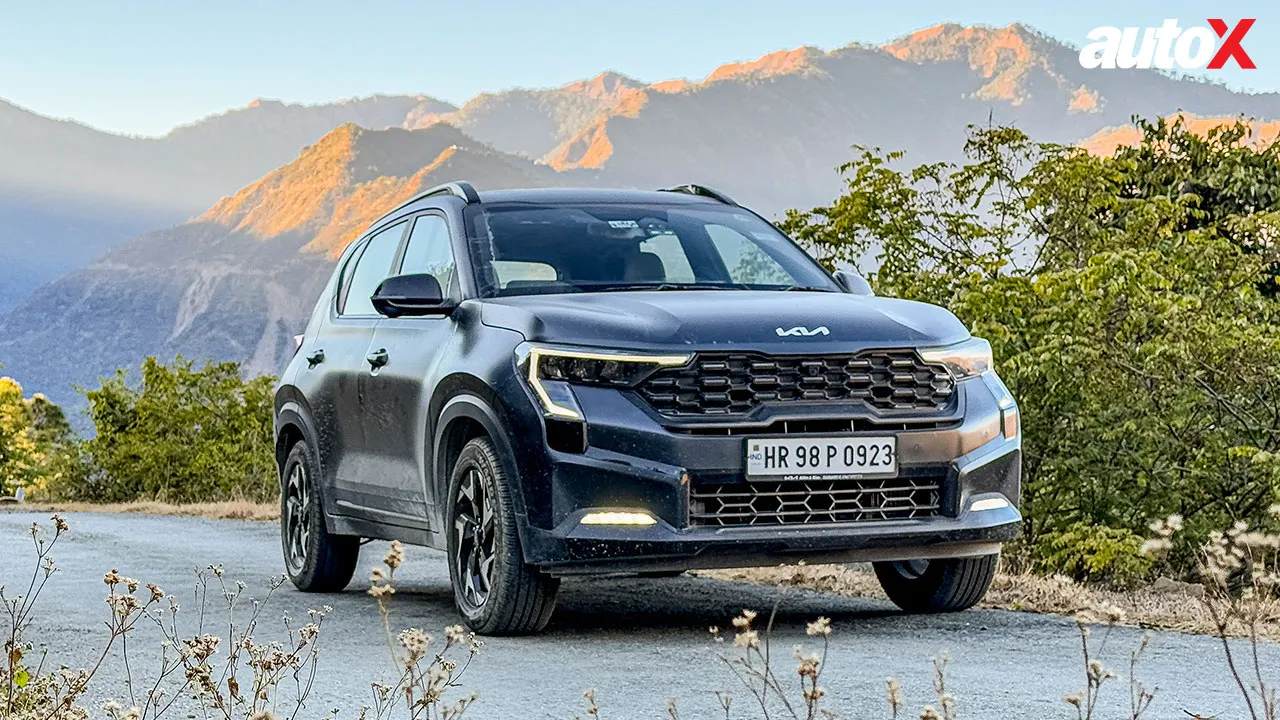
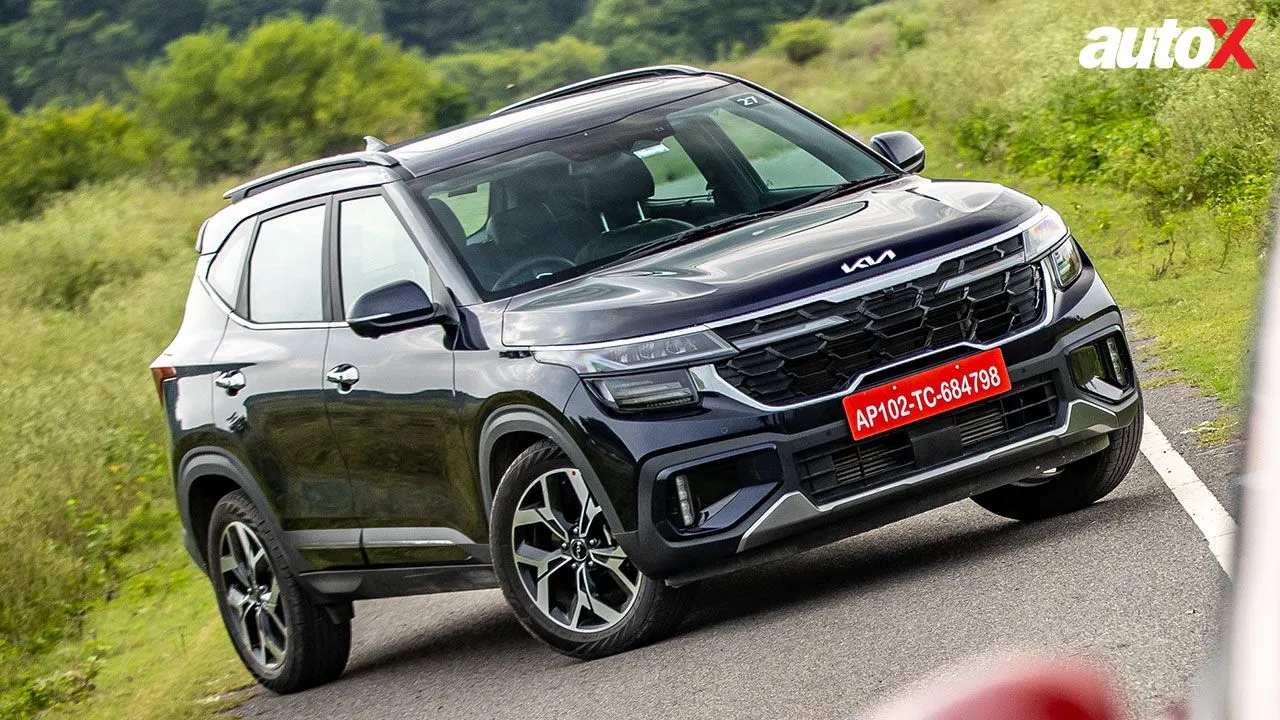
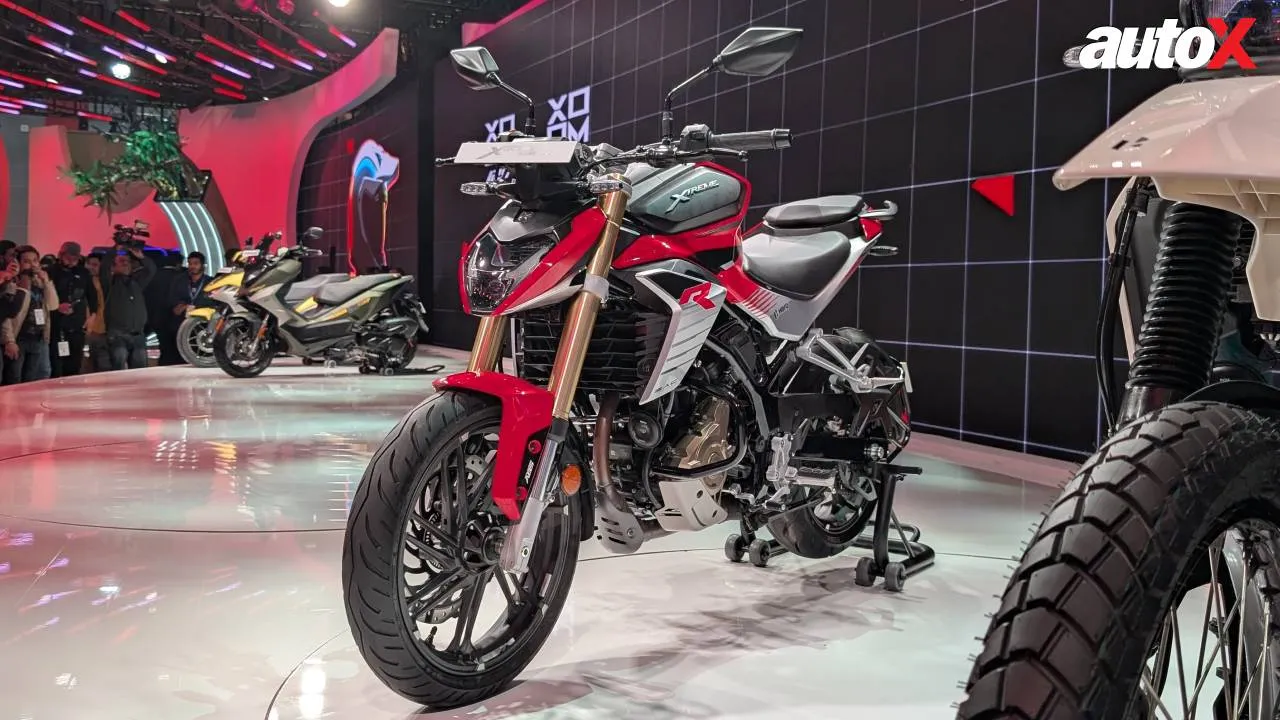
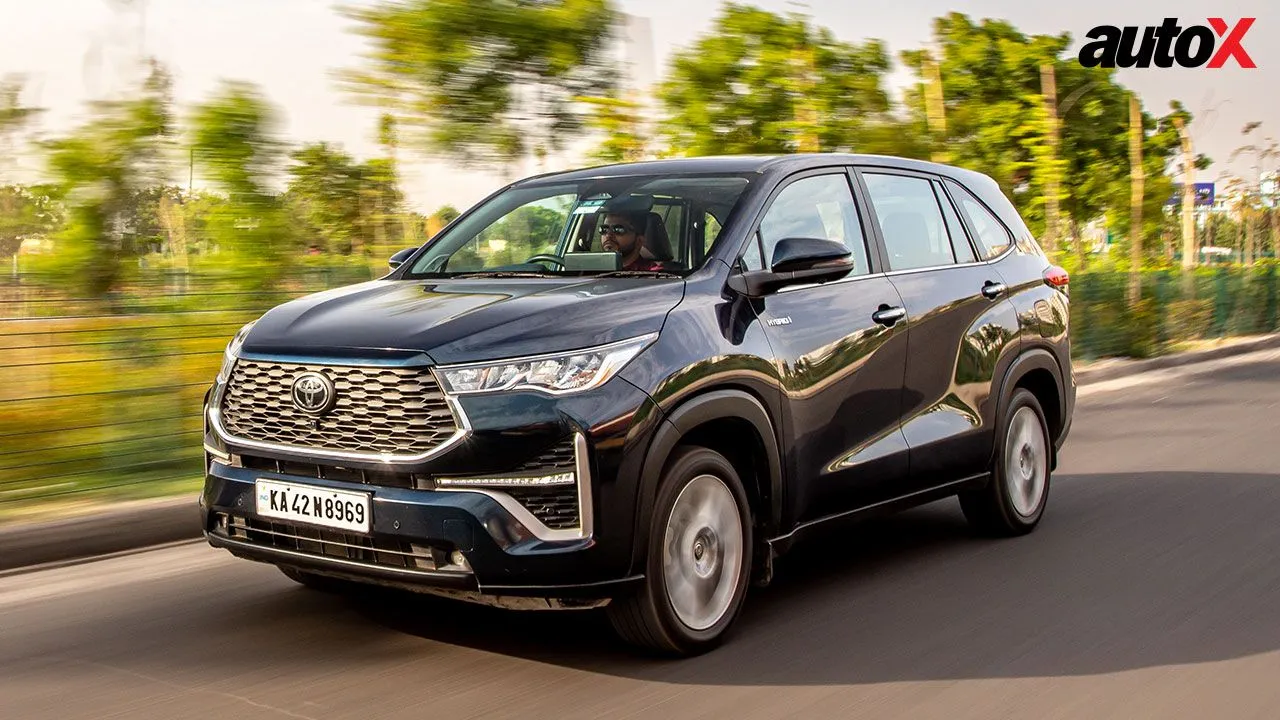
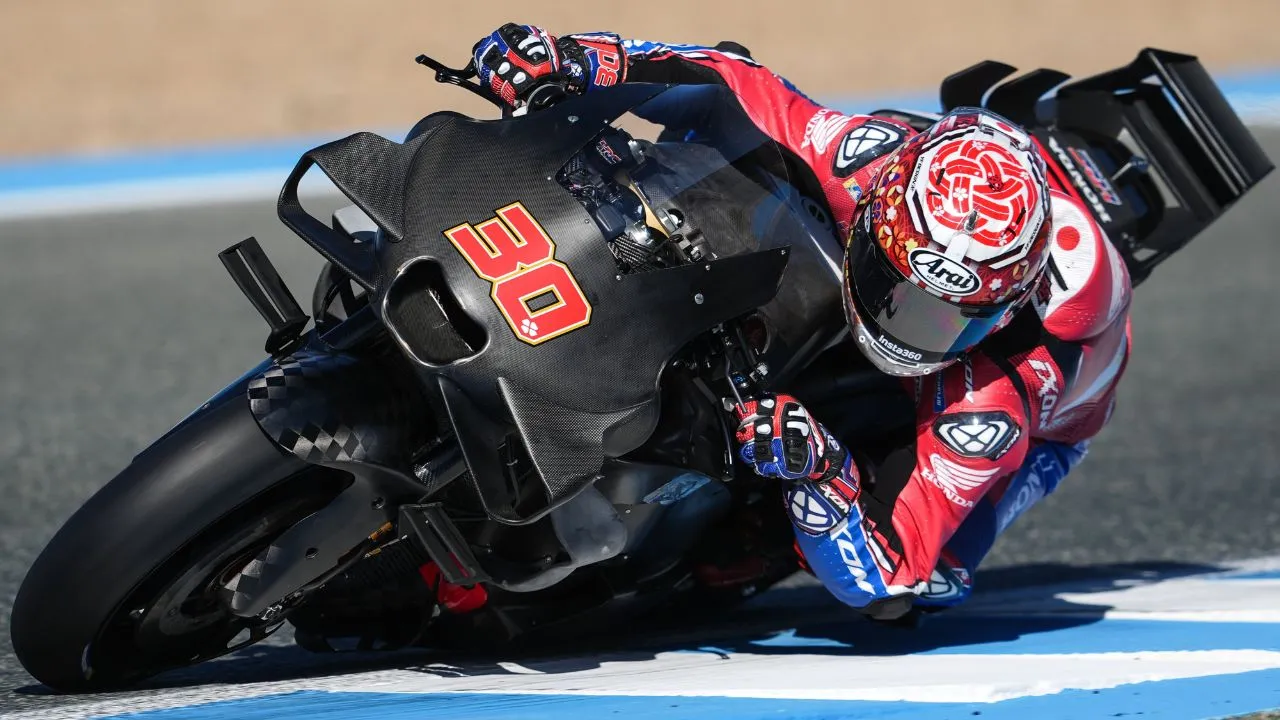
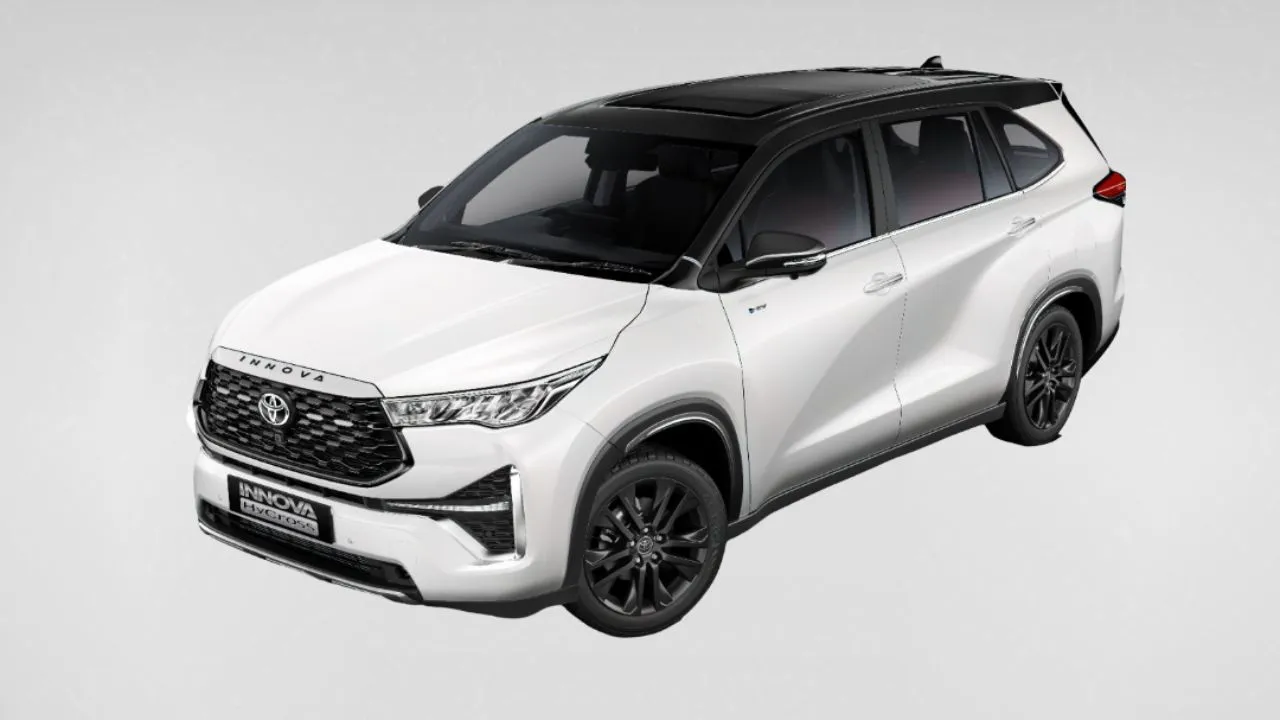
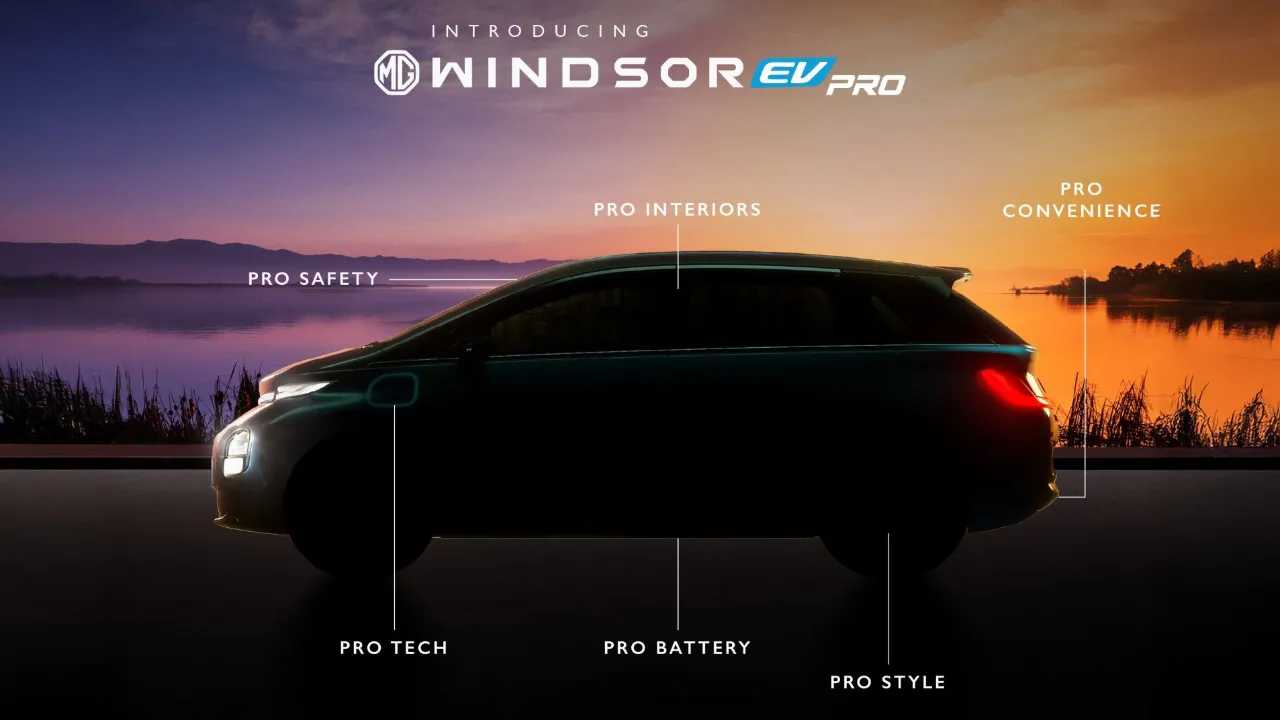

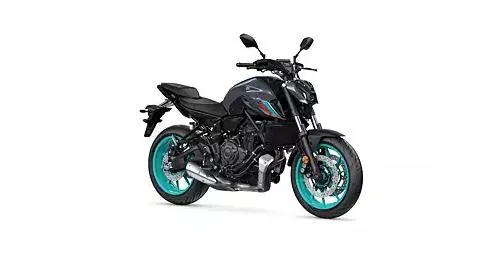


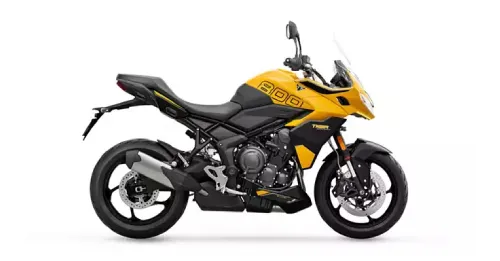






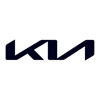
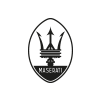
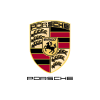





Write your Comment on